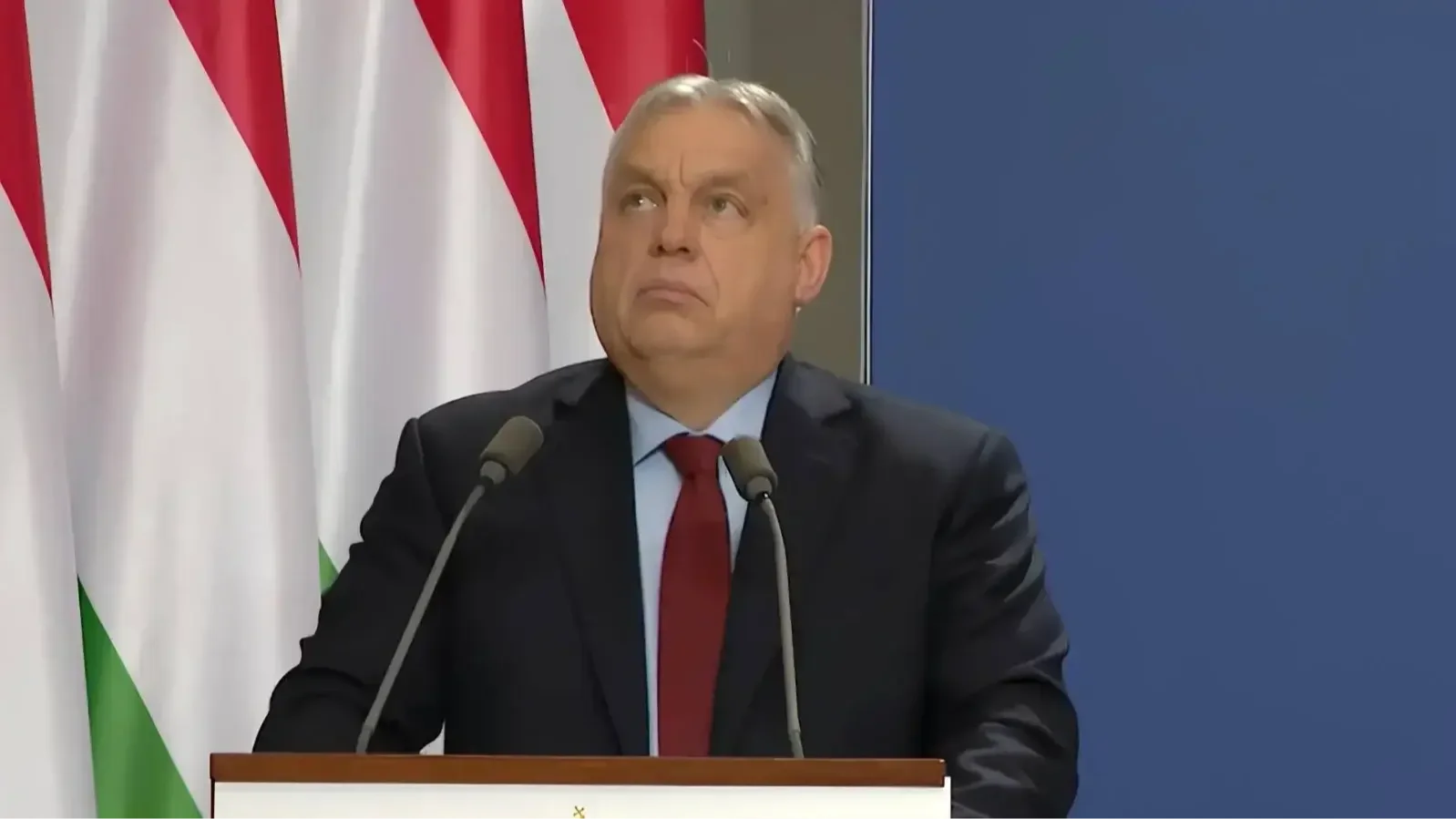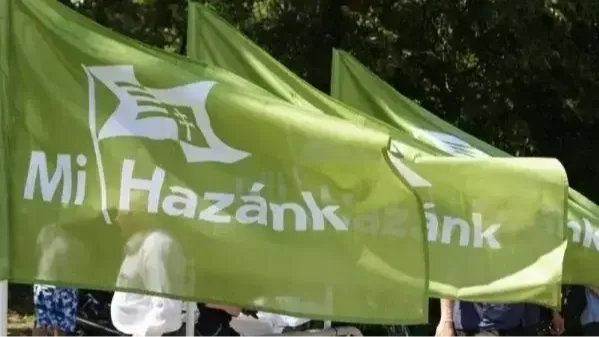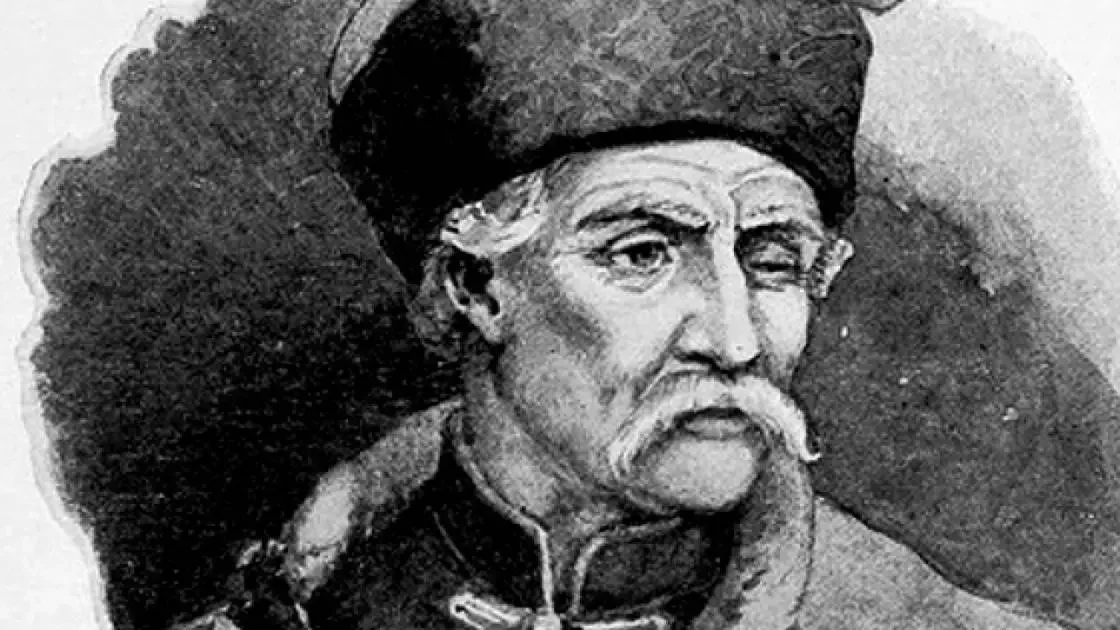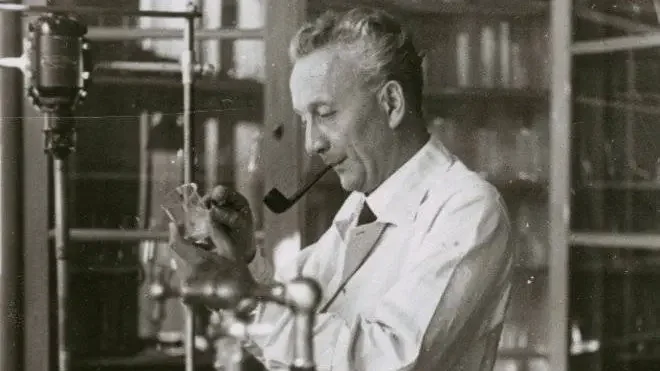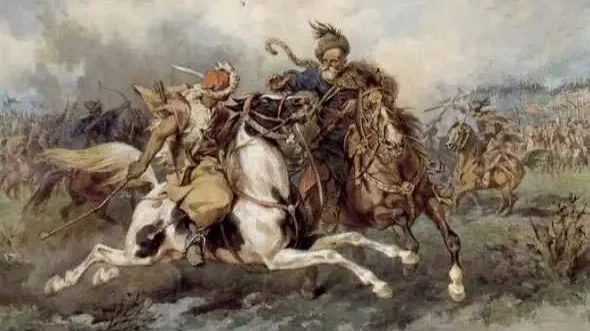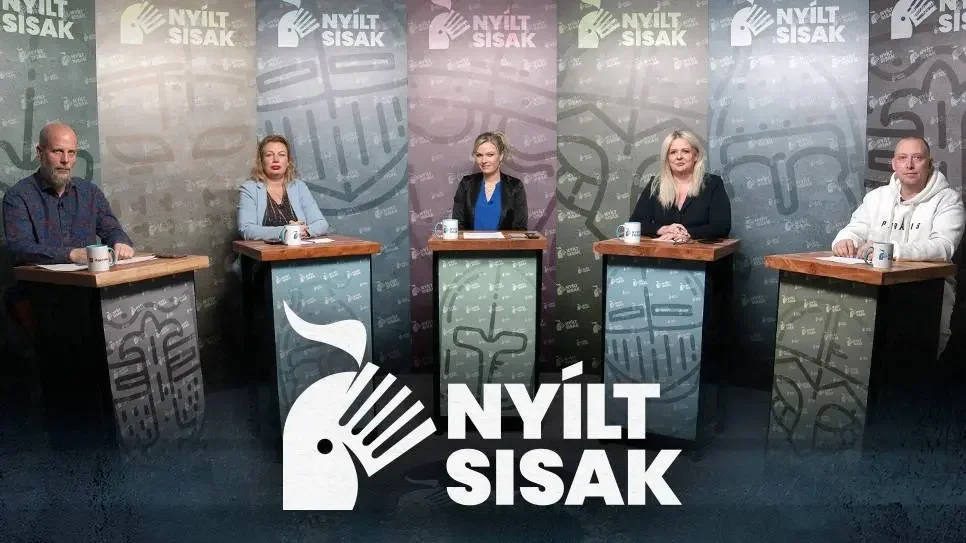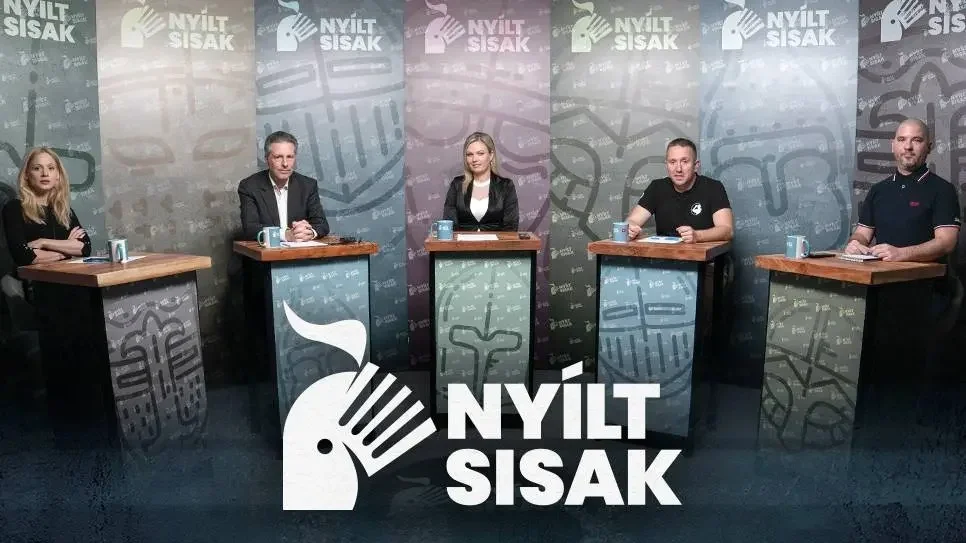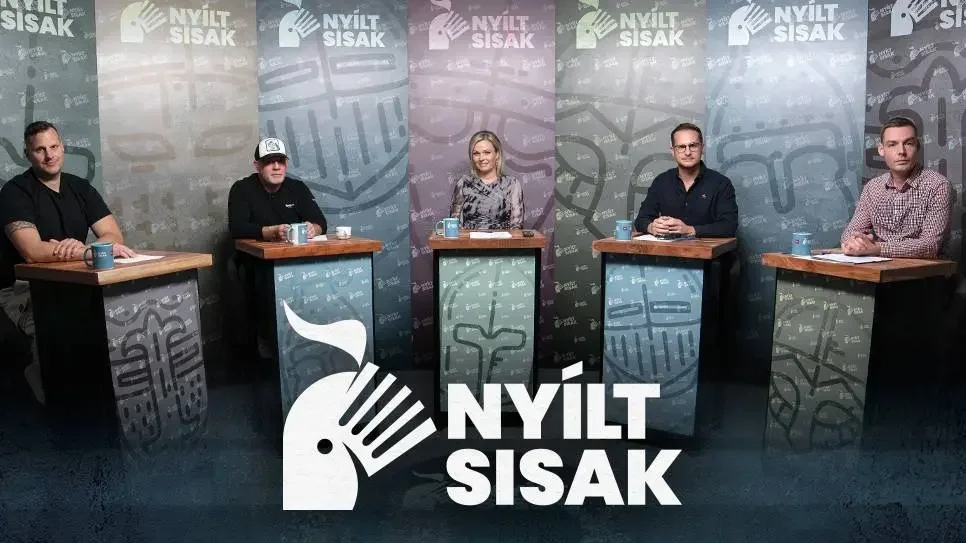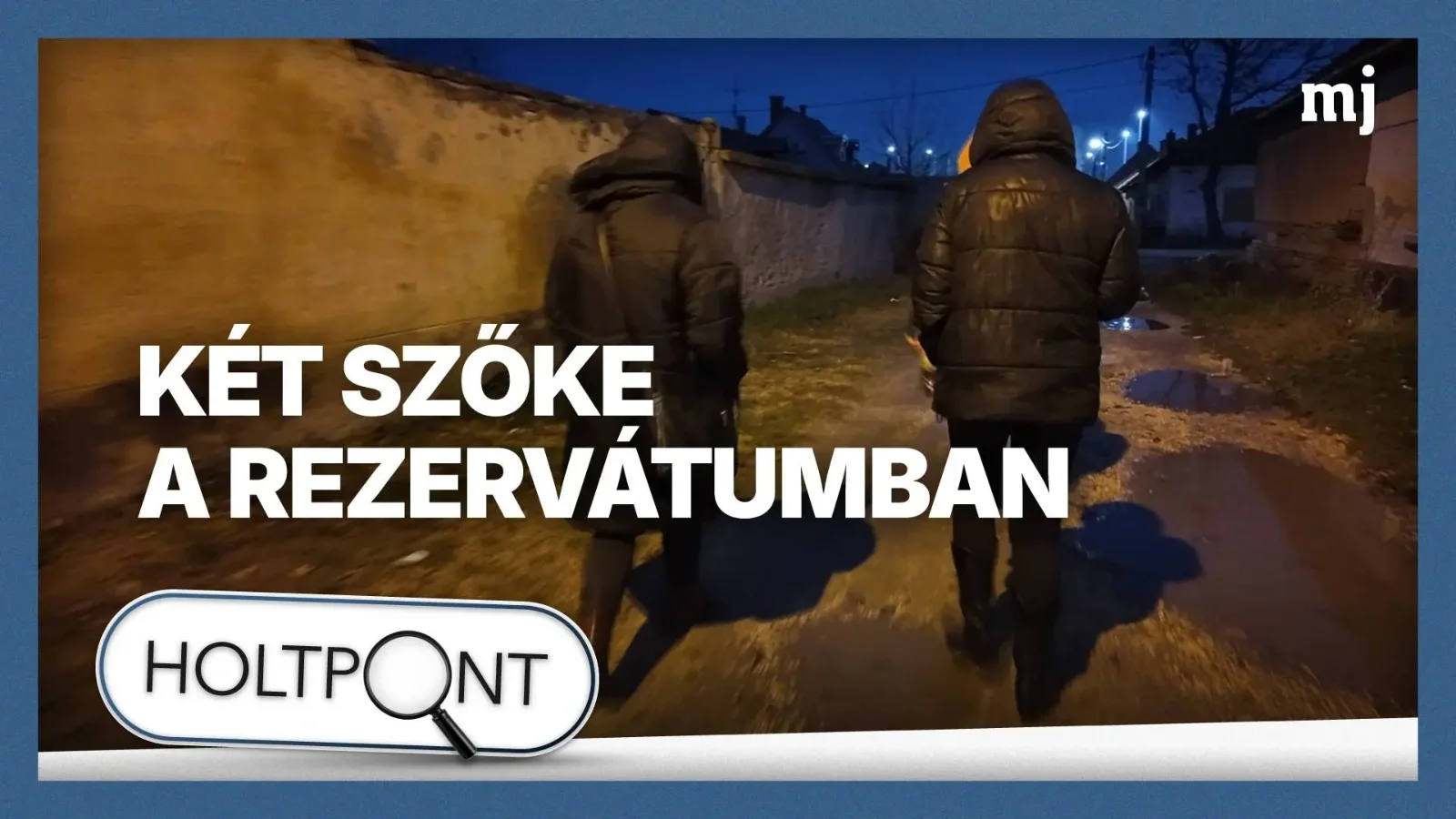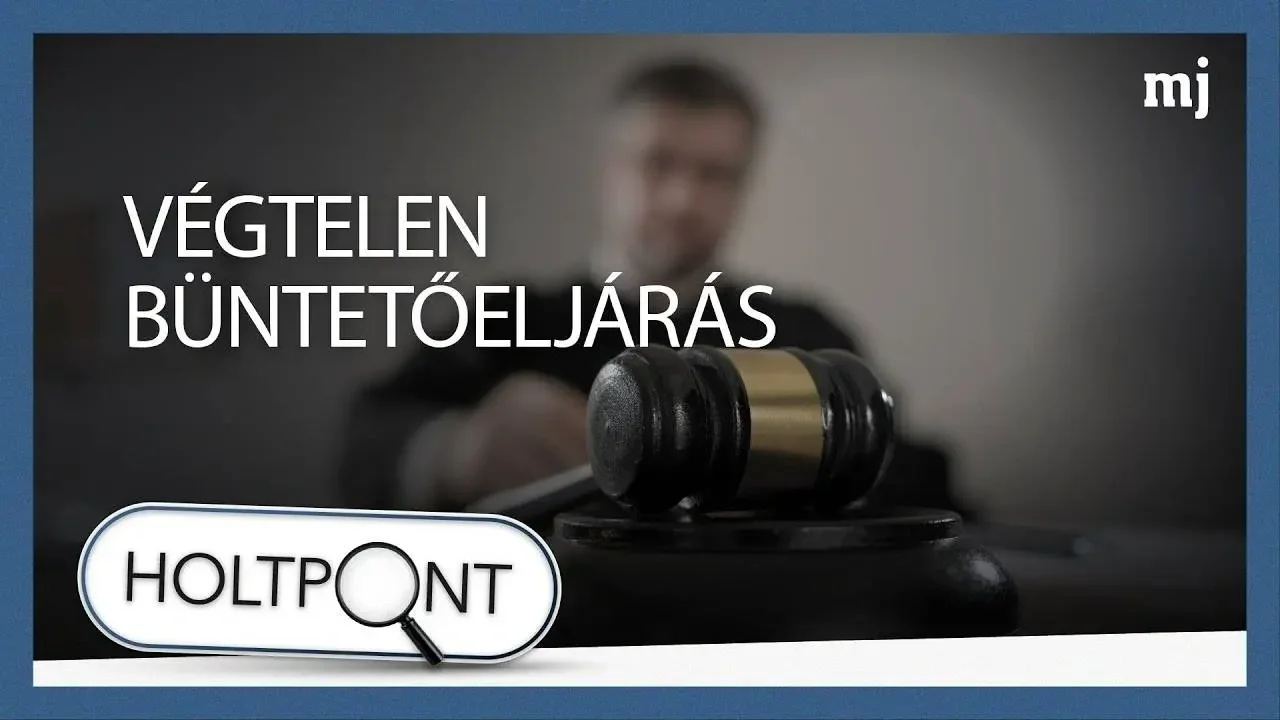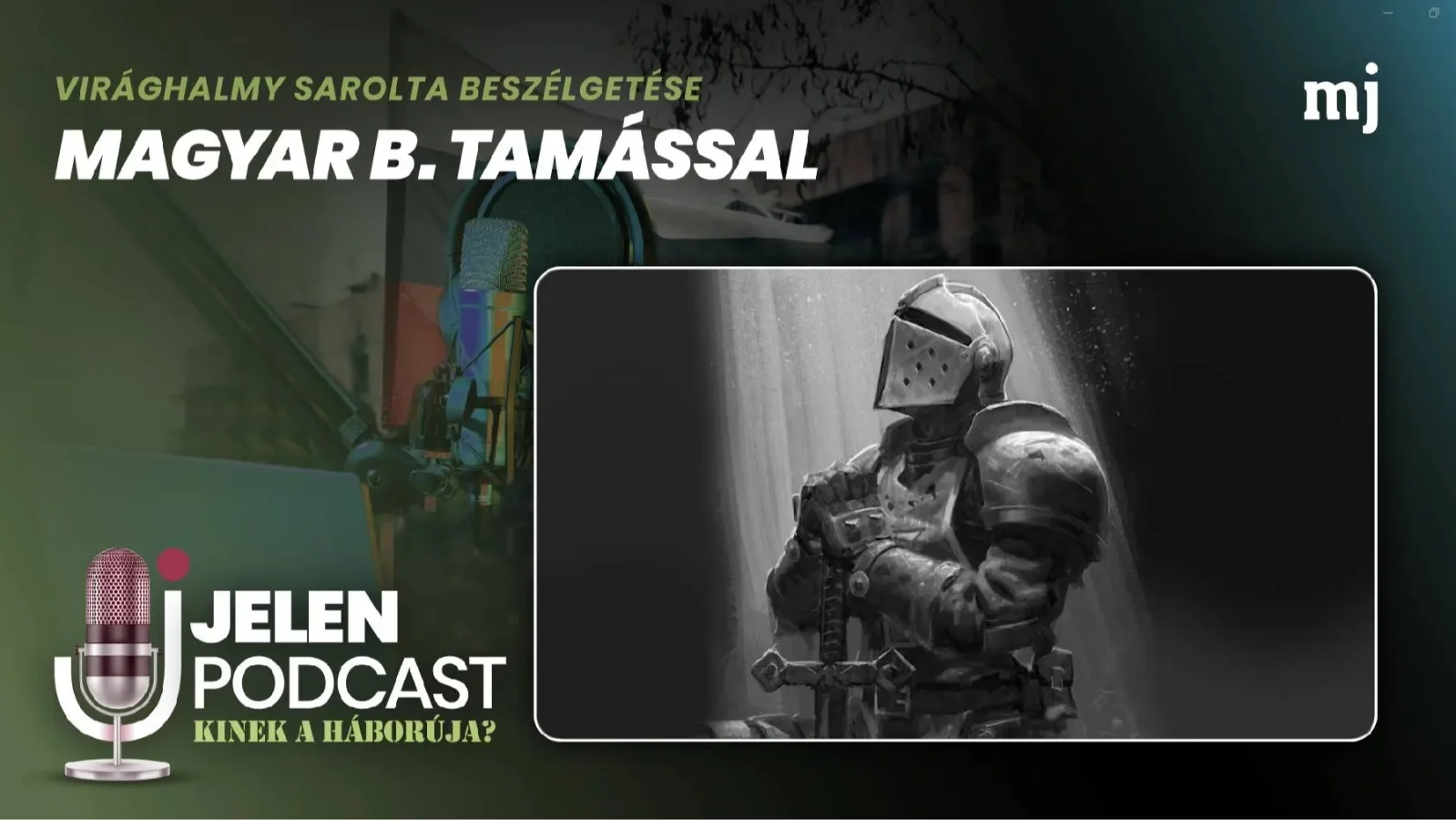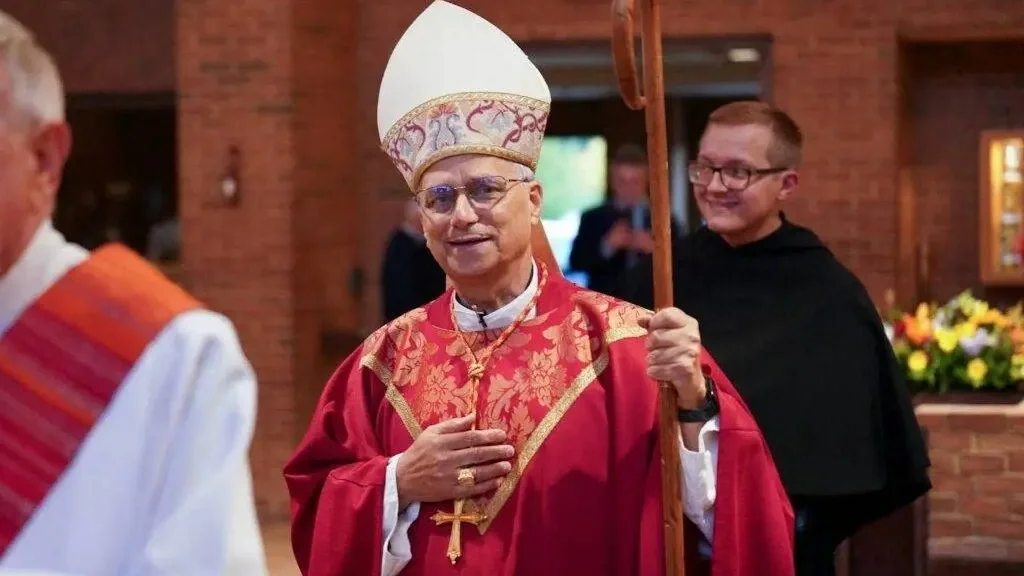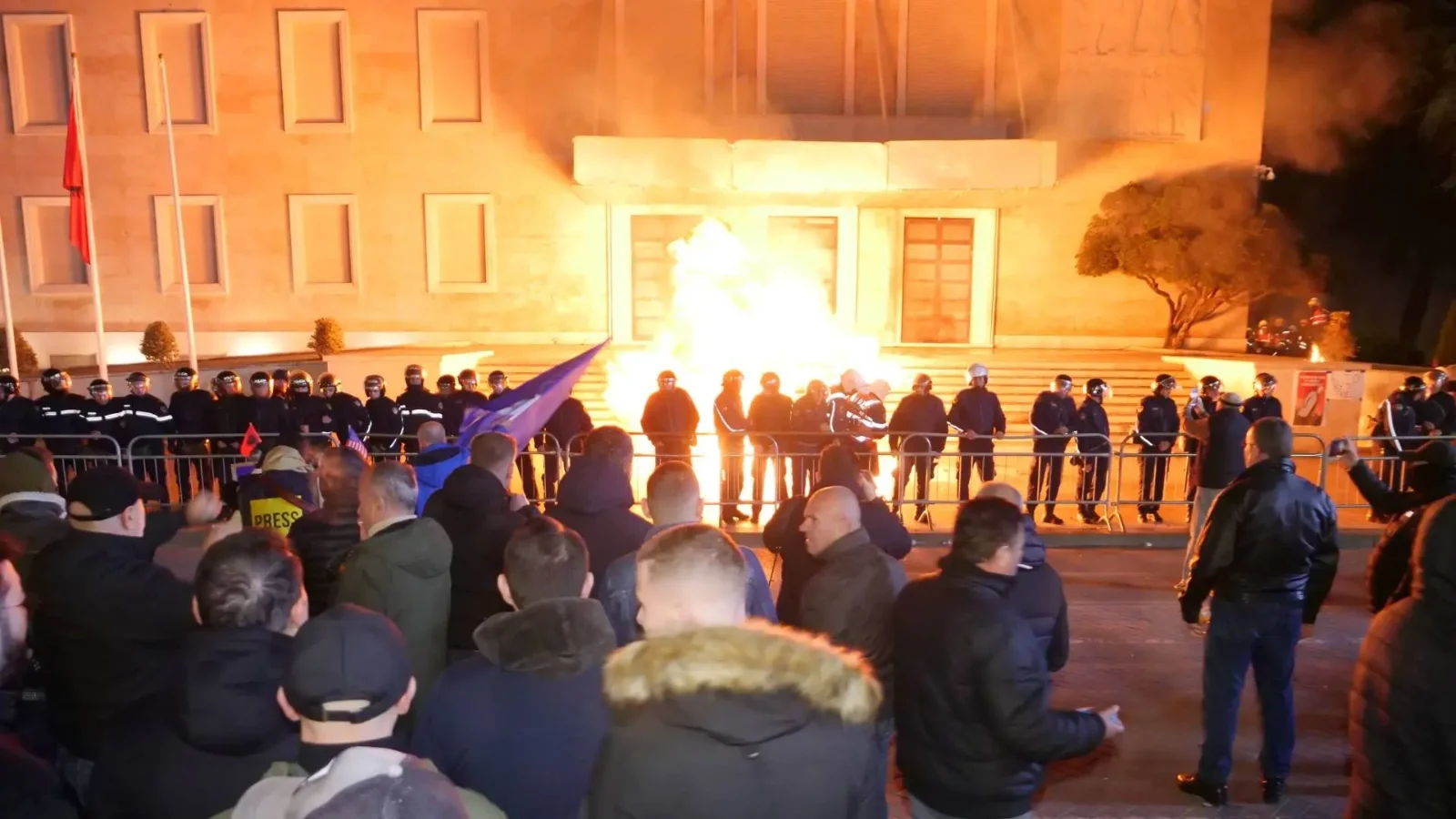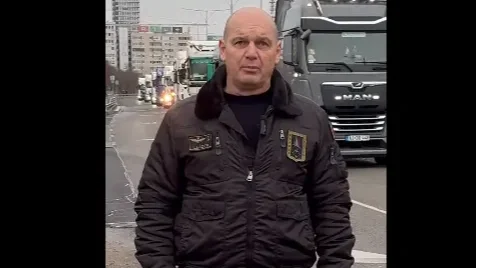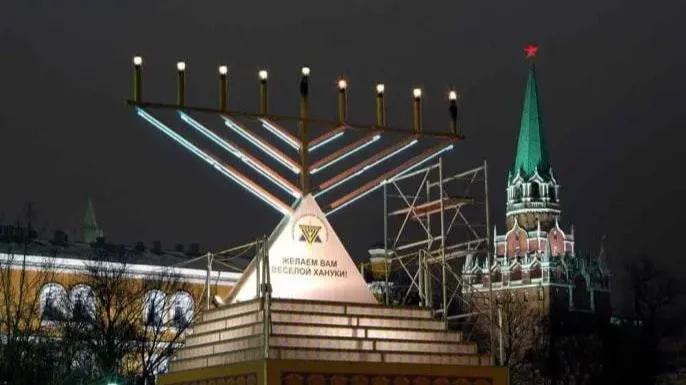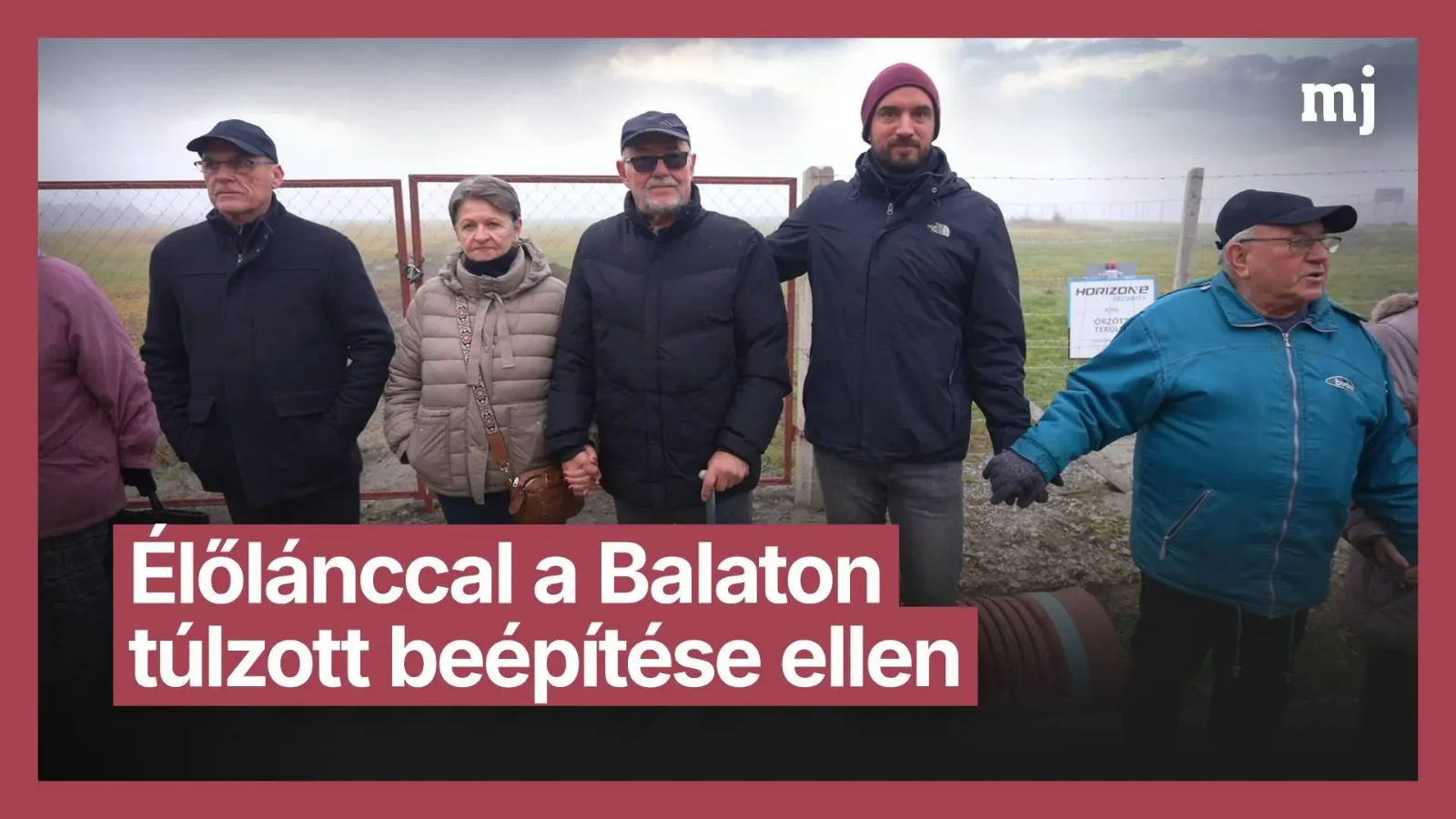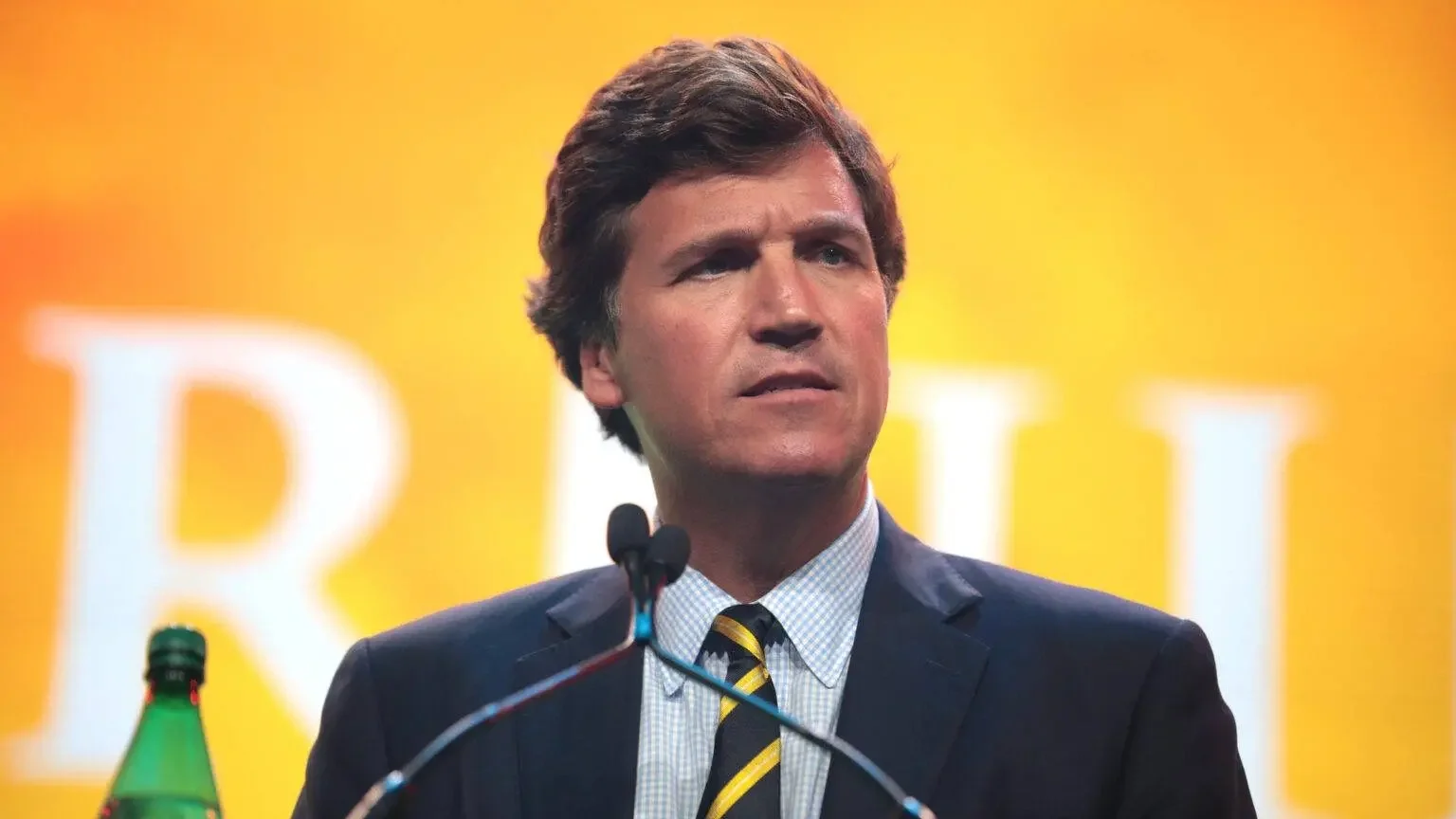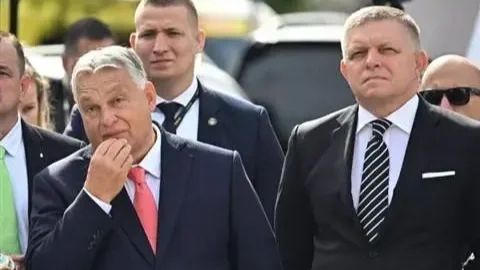Fighting for Votes: László Gy. Tóth's Situation Analysis Part I
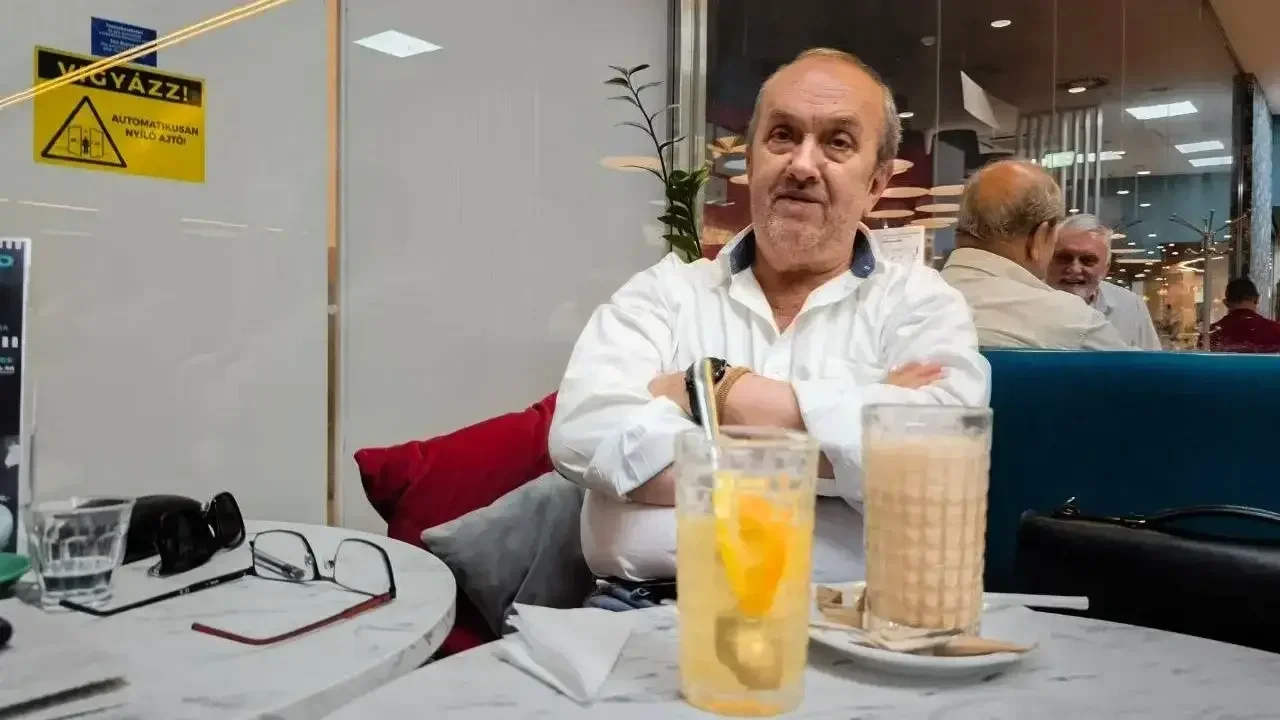
Translation of an article originally published in Hungarian by Magyar Jelen on August 23, 2025 by Tibor Tölgyesi.
Nearly eight months remain until the 2026 parliamentary elections. The campaign has clearly begun, as shown by both major contenders, Fidesz and the Tisza Party, trying to shift into higher gear to win voters’ support. Political scientist László Gy. Tóth analyzes Viktor Orbán’s unusually strong public presence and the reasons behind declining sympathy for Fidesz in the first part of our two-part interview.
— Viktor Orbán has been appearing strikingly often in various public forums lately. What could be the reason for this?
— The fundamental reason, in my opinion, is that Hungary’s domestic political structure was reshaped after the clemency affair erupted. Previously, Viktor Orbán had largely shut himself off from the public, appearing only in venues that were safe for him — mainly Tusványos, Kötcse, Tranzit, or during his annual evaluations — so he did not have to answer real questions. Without any risk, he could calmly talk about getting off to a strong start, about breakthrough years, and so on, while his carefully selected audience cheered every sentence. This situation changed with the emergence of the Tisza Party and Péter Magyar, because, almost completely unexpectedly, a challenger appeared who has a realistic chance of winning the election.
In addition, public opinion polls showed that the mood of Hungarian society had shifted and public figures were being viewed less favorably. It became clear that Fidesz’s monopoly position had ended, and loyalty and admiration for Orbán were rapidly declining.
The situation was further worsened by the prolonged slowdown in economic growth, inflation rising again, corruption scandals coming to light, and a general deterioration of public sentiment. Viktor Orbán recognized the danger in time, so he decided that, to prevent further loss of popularity, he himself would participate in Fidesz’s campaign and, in doing so, reach out to new social groups.
The significance of his involvement is that without Orbán, Fidesz–KDNP would be only a rather insignificant player in Hungarian political life. Around him are only second- and third-rate politicians, suitable only for carrying out orders. The current system is essentially Viktor Orbán’s one-man economic, political, and intellectual enterprise, as shown by the activity of the economic and the economic and intellectual circle surrounding him.
— Orbán saw something that others didn’t?
— Yes, he recognized the danger in time. While the others would have continued with the same policy as before, he instinctively sensed that this had to end, and that he had to break with the practice of addressing only his supporters. He realized he needed to abandon the disciplined, closed-off, authoritative, all-seeing and all-knowing political persona.
In his current role, he is trying to project a more direct, approachable personality: someone who is likeable, even affable, and who tries to avoid confrontational situations. But he still steers clear of truly opposition or hostile environments.
— Was this change in communication triggered by the strengthening of the opposition?
— Absolutely. What is striking is that we now marvel at the fact that the prime minister gives interviews in different forums, and we are even surprised when parliamentary representatives or ministers — such as János Lázár — meet directly with voters. Yet in a democracy this is what should be normal, and what was abnormal was that for years it did not work this way. So, presenting it as a global sensation that Lázár talks to voters is, in fact, both ridiculous and pathetic.
— Orbán now speaks out frequently. Who is he really trying to reach…?
— Based on the current communication strategy, they are still at the stage of trying to reassure their sympathizers. Keeping core voters is a matter of survival. It is obvious that such seismic changes have taken place that even Fidesz’s staff has realized electoral defeat cannot be ruled out.
I don’t believe the public opinion poll results — I don’t think the Tisza Party leads by 15 points, but I equally don’t believe that Fidesz leads by 15 points.
In my view, the two political forces have roughly equal support in society, which makes the competition extremely tight, and therefore the outcome unpredictable.
– Has the Tisza Party managed to reach people with its program?
– In electoral democracy, people do not vote for programs. The economic situation and the social mood are much more important. The basis of Péter Magyar’s popularity is that a significant part of society is dissatisfied with the Orbán government’s activities and believes Orbán has to go. The inexplicable enrichment of the Orbán clan, including direct family members, rightfully irritates a large portion of public opinion. And we have not even mentioned the absurd accumulation of wealth among government-friendly oligarchs.
The emergence of numerous corruption scandals, which can be tracked through public data, has put the governing parties in a difficult position. It is ridiculous, pathetic, and inexplicable that Viktor Orbán calls the Hatvanpuszta estate—obviously equipped with every luxury—an “agricultural center.” The prime minister becomes completely discredited by such affairs, since the entire complex’s floor plan can be found on the internet, not to mention the multitude of drone footage. Such baseless claims disappoint and unsettle many people, and even the well-paid spin doctors cannot do anything about this. Fidesz has to face that such consequences come with a policy in which creating a national capitalist class goes hand in hand with a kind of legalization of corruption, as court philosopher András Lánczi once alluded to.
– What characterizes this newly rich layer?
– Grandiosity, showing off, poorly educated pretension, and arrogance. These are the characteristics of nouveaux riches, not of well-to-do citizens. The luxury yachts, private jets, hundred-million-forint cars (cars worth hundreds of thousands of euros) are ultimately status symbols. The majority of society watches in shock as members of the economic and political elite, and their family members, flaunt jewelry and watches worth fortunes, carrying handbags worth millions to match clothes worth millions.
Hungarian society not only sees the outward display but is also aware that these people did not acquire their immense wealth through their own work, performance, perhaps inventions, or wealth accumulated and inherited over generations, but because for fifteen years they were the beneficiaries of the Orbán government.
A significant part of society does not envy honestly acquired wealth, but they rightfully wonder how certain people became billionaires, especially in such a short time.
– Many people secretly suspect the answer to this question.
– Anyone who wants to can see the operation of corruption mechanisms and the intertwining of politics and economics. The prime minister may say he does not deal with business affairs, while his family members and members of his loyal clientele become increasingly wealthy.
– Fidesz has a core base it can always count on. But now it seems that will not be enough. Where can it find new voters, and how can it reach and convince the undecided?
– The situation is fairly straightforward. There are people who say: no matter what happens, Viktor Orbán has to go. They will never vote for Fidesz. This attitude is partly driven by emotion, and there is not much you can do about it. On the other side are those who turn to Viktor Orbán with almost religious devotion, and they can be called the mobilizable faithful. Beyond them, there are voters from the small parties that are falling apart, as well as the undecided. The latter are people who have not found their place, most of whom come from those disappointed in the former left-wing parties.
Viktor Orbán was one of the first to realize that simply mobilizing Fidesz’s loyal base would no longer be enough, and that he needed to reach beyond it. I think he threw himself into the political fight to win extra votes through his personal charisma while also rallying his own party.
This concludes the first part of the interview. In the second part, we will look at the electoral prospects, including the chances for Mi Hazánk Mozgalom (Our Homeland Movement), the likelihood of foreign interference, and what to expect the day after the results are announced.
Context for International Readers:
Political Background:
- Fidesz-KDNP: The ruling alliance between Viktor Orbán's Fidesz party and the Christian Democratic People's Party, in power since 2010
- Tisza Party: A new opposition party led by Péter Magyar that emerged in 2024 as Fidesz's main challenger
- Mi Hazánk (Our Homeland): A Third Position political party in Hungary
Key Events and Scandals:
- Clemency affair (February 2024): Hungary's President Katalin Novák resigned after public outrage over her presidential pardon of a man convicted of helping cover up child sexual abuse at a state-run children's home. This became Orbán's biggest political crisis in years.
- Hatvanpuszta estate: Orbán's controversial luxury compound that he officially describes as an "agricultural center," despite drone footage and leaked blueprints revealing swimming pools, guesthouses, and event facilities worth millions of euros.
Political Venues:
- Tusványos, Kötcse, Tranzit: Annual political gatherings and conferences where Orbán traditionally delivers major policy speeches and addresses. These events serve as important platforms for government communication.
Key Figures:
- János Lázár: A prominent Fidesz politician and current Minister of Construction and Transportation
- András Lánczi: A political philosopher who provides intellectual justification for government policies (referred to as "court philosopher")
Mi a munkánkkal háláljuk meg a megtisztelő figyelmüket és támogatásukat. A Magyarjelen.hu (Magyar Jelen) sem a kormánytól, sem a balliberális, nyíltan globalista ellenzéktől nem függ, ezért mindkét oldalról őszintén tud írni, hírt közölni, oknyomozni, igazságot feltárni.
Támogatás
